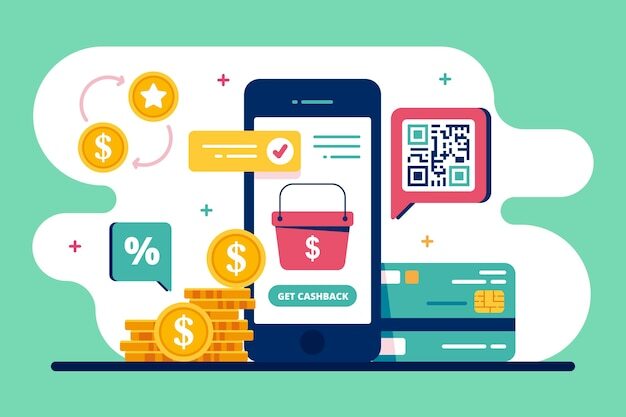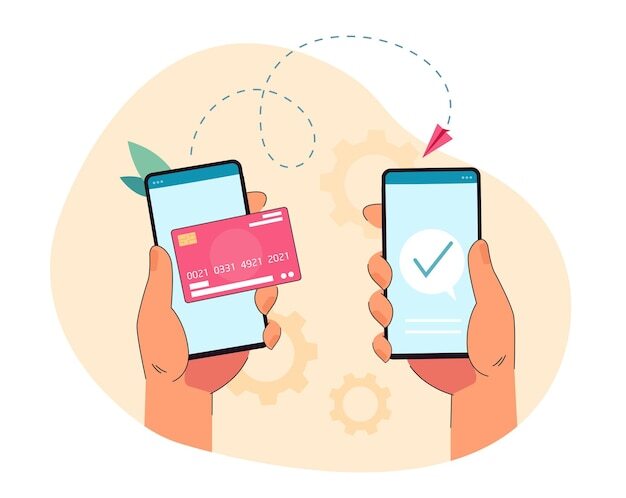How do payment gateway providers ensure the security of online payments?
Payment gateway providers play a crucial role in
facilitating secure online transactions by ensuring the confidentiality and
integrity of sensitive payment information. As the popularity of online
payments continues to soar, so does the need for robust security measures to
protect against potential threats such as fraud and data breaches. In this
article, we will explore how payment gateway providers ensure the security of
online payments. We will delve into the authentication and encryption
techniques they employ, their compliance with industry standards and
regulations, the measures taken for fraud detection and prevention, as well as
their approach to tokenization and secure data storage. Additionally, we will
discuss customer support and dispute resolution processes provided by payment
gateway providers, and explore future trends and advancements in online payment
security. Join us as we delve into the world of payment gateway providers and
uncover the mechanisms, they employ to safeguard online transactions.
Definition of payment gateway providers
Payment gateway providers are the unsung heroes of online
transactions. They are the intermediaries that securely connect merchants and
customers in the world of e-commerce. Think of them as the trustworthy bouncers
standing at the virtual entrance of your online store, making sure only the
legitimate customers get in.
The role of payment gateways in online transactions
Payment gateways play a crucial role in the smooth
functioning of online transactions. When you buy something online, the payment gateway acts as a secure
channel between the customer, the merchant, and the customer's bank. It
authorizes the transaction, encrypts sensitive information, and ensures that
the funds are transferred securely from the customer's account to the
merchant's account.
Importance of secure online payments
Rising concerns about online payment security
In an increasingly digital world, online payment security
has become a major concern for both consumers and businesses. With
cybercriminals becoming more sophisticated, it's no wonder that people are
worried about their financial information falling into the wrong hands.
Protecting sensitive data during online transactions has become a top priority.
Impact of data breaches and fraud incidents
Data breaches and fraud incidents can have severe
consequences for both individuals and businesses. From stolen credit card
information to unauthorized access to sensitive customer data, the fallout can
be devastating. Apart from the financial loss, there is also the loss of trust,
which can be detrimental to the reputation of a business.
Authentication and encryption techniques used by payment gateway
providers
Two-factor authentication for enhanced security
Payment gateway providers employ various authentication
methods to ensure the security of online payments. One popular method is
two-factor authentication, which adds an extra layer of security. By requiring
users to provide something they know (like a password) and something they have
(like a one-time verification code sent to their mobile device), payment
gateways make it harder for hackers to gain unauthorized access.
SSL/TLS encryption protocols
To protect sensitive data from being intercepted by
malicious individuals, payment gateway providers rely on encryption protocols
like SSL (Secure Sockets Layer) and its successor, TLS (Transport Layer
Security). These protocols create a secure, encrypted connection between the
customer's device and the merchant's server, ensuring that any information
transmitted remains confidential and tamper-proof.
Compliance with industry standards and regulations
Payment Card Industry Data Security Standard (PCI DSS)
Payment gateway providers adhere to the Payment Card
Industry Data Security Standard (PCI DSS), which sets guidelines for securely
handling credit card information. Compliance with these standards ensures that
sensitive data is protected during payment processing, reducing the risk of
fraud and ensuring customer trust.
General Data Protection Regulation (GDPR)
In addition to PCI DSS, payment gateway providers also
comply with data protection regulations such as the General Data Protection
Regulation (GDPR). This European Union regulation sets strict guidelines for
the collection, storage, and processing of personal data, further safeguarding
customer information and privacy.
By implementing robust authentication and encryption
techniques, and adhering to industry standards and regulations, payment gateway
providers go the extra mile to ensure the security of online payments. So, the
next time you make a purchase online, remember that there's a team of dedicated
gatekeepers working behind the scenes to keep your financial information safe
and sound.
Fraud detection and prevention measures
Real-time transaction monitoring
Payment gateway providers stay on top of their game by
implementing real-time transaction monitoring. This means they have their
virtual eyes glued to every payment that comes through their system. They keep
a sharp lookout for any suspicious activity or red flags that could indicate
fraudulent transactions. It's like having a superhero with x-ray vision
protecting your online payments.
Machine learning algorithms for fraud detection
These payment gurus also employ machine learning algorithms
to detect and prevent fraud. These algorithms are like the Sherlock Holmes of
the payment world, constantly analyzing patterns and gathering data to identify
any suspicious behavior. They're always one step ahead, ensuring that your
online payments are safe and sound.
Customer support and dispute resolution processes
24/7 customer support availability
Payment gateway providers understand that sometimes things
don't go as smoothly as planned. That's why they offer round-the-clock customer
support. Whether it's a question, concern, or dispute, you can reach out to
them anytime, day or night. It's like having a personal support team at your
beck and call, ready to assist you whenever you need them.
Efficient dispute resolution mechanisms
In the rare event of a payment dispute, payment gateway
providers have efficient resolution mechanisms in place. They work closely with
banks and card networks to ensure that any issues are resolved quickly and
fairly. It's like having a mediator who steps in to settle any disagreements,
ensuring a smooth and satisfactory resolution for all parties involved.
Conclusion
Payment gateway providers have a vital role in ensuring the
security of online payments. Through robust authentication and encryption
techniques, compliance with industry standards and regulations, and proactive
fraud detection measures, they strive to protect sensitive payment information
and provide a safe payment environment for consumers and businesses alike. As
technology continues to advance, payment gateway providers will adapt by
embracing new trends such as biometric authentication and exploring the
potential of blockchain technology. With their commitment to security and
continuous innovation, payment gateway providers play a crucial role in
safeguarding the future of online transactions.


Comments
Post a Comment